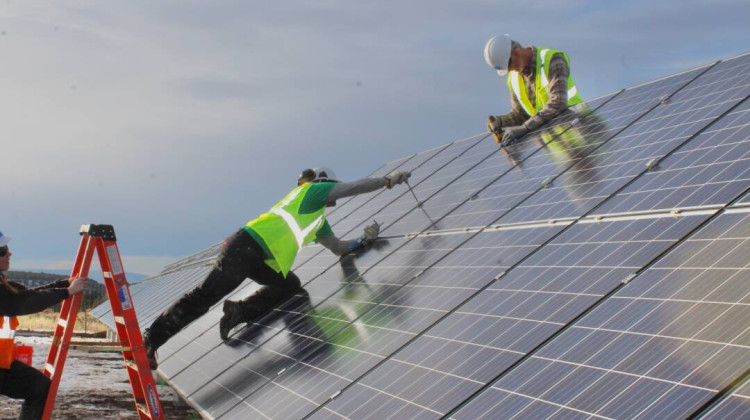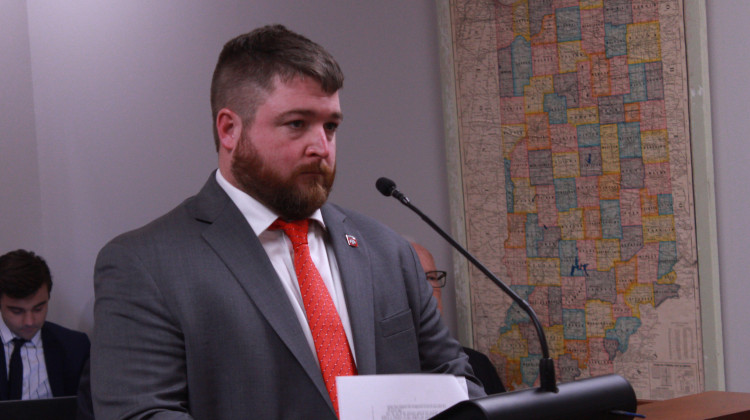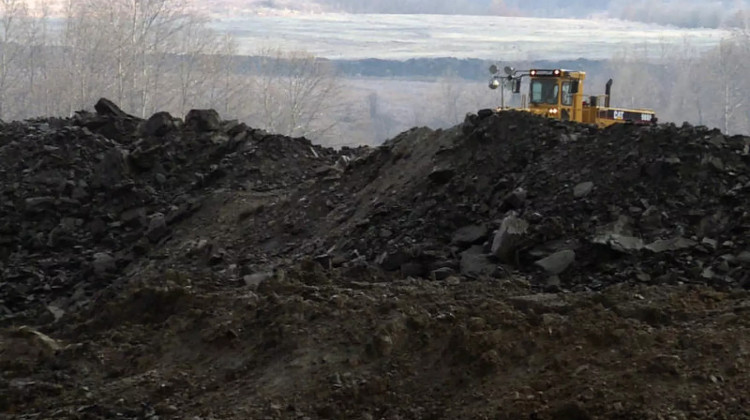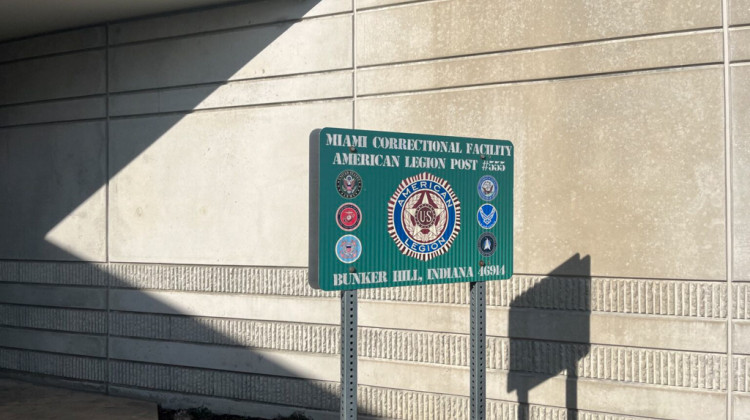
A solar company installs panels in a community solar array in Norwood, Colorado, 2016.
Kate Costa, U.S. Department of Energy / Wikimedia CommonsThe federal government canceled grant funding to help lower-income and disadvantaged communities afford solar panels. That includes more than $117 million for projects in Indiana.
The $7 billion Solar For All program set up under the Biden administration aimed to lower residents' energy bills and reduce greenhouse gas emissions.
Environmental Protection Agency Administrator Lee Zeldin made the announcement on X Thursday. He said the agency plans to follow the intent of the "One Big Beautiful Bill."
"EPA no longer has the authority to administer the program or the appropriated funds to keep this boondoggle alive," Zeldin said.
Lower-income Hoosiers are more likely to live in older, less energy-efficient homes that use more power. Advocates said putting solar on these homes not only lowers their energy bills, but also reduces the need for more power plants — which all electric utility customers pay for.
The funding cut comes at a time when the average Indiana resident's bill has gone up by $28 a month since last year. Mo McReynolds directs Indianapolis's Office of Sustainability.
"Indianapolis, compared to other cities our size, has a particularly high energy burden — meaning the ratio of an average household income that gets paid toward their utility bills. We're particularly good candidate for a program like this," she said.
Alison Becker is with Solar Opportunities Indiana, a coalition helping to mange the grant funding. She said, without the federal dollars, most of the solar projects the group oversees won't move forward.
That includes plans to put solar and battery storage at libraries in lower-income, southern Indiana communities — which would help during storms when the power is out.
"The library can be made available to charge cell phones, be warm or be cool, have food available — just a place for the community to be and to be able to be safe," Becker said.
Join the conversation and sign up for the Indiana Two-Way. Text "Indiana" to 765-275-1120. Your comments and questions in response to our weekly text help us find the answers you need on climate solutions and climate change at ipbs.org/climatequestions.
Denise Abdul-Rahman is the founder of Black Sunlight Sustainability, which has been helping to connect qualified communities and individuals to the program. She said the land and utility agreements have already been secured for several projects she's working on — but she'll need to find new funding.
"So it's just going to slow the pace, but now that we've done all of this work — there's no way we're going to stop," Abdul-Rahman said.
Becker said, according to the grant agreement, installers and other parties are only reimbursed after the work is done.
She said Solar Opportunities Indiana may consider legal action if Congress doesn't follow through with its funding obligations.
Rebecca is our energy and environment reporter. Contact her at rthiele@iu.edu or on Signal at IPBenvironment.01. Follow her on Twitter at @beckythiele.
 DONATE
DONATE






 Support WFYI. We can't do it without you.
Support WFYI. We can't do it without you.